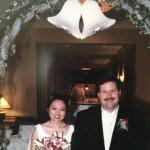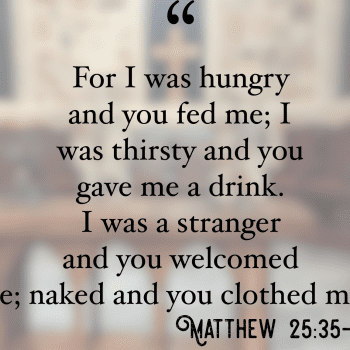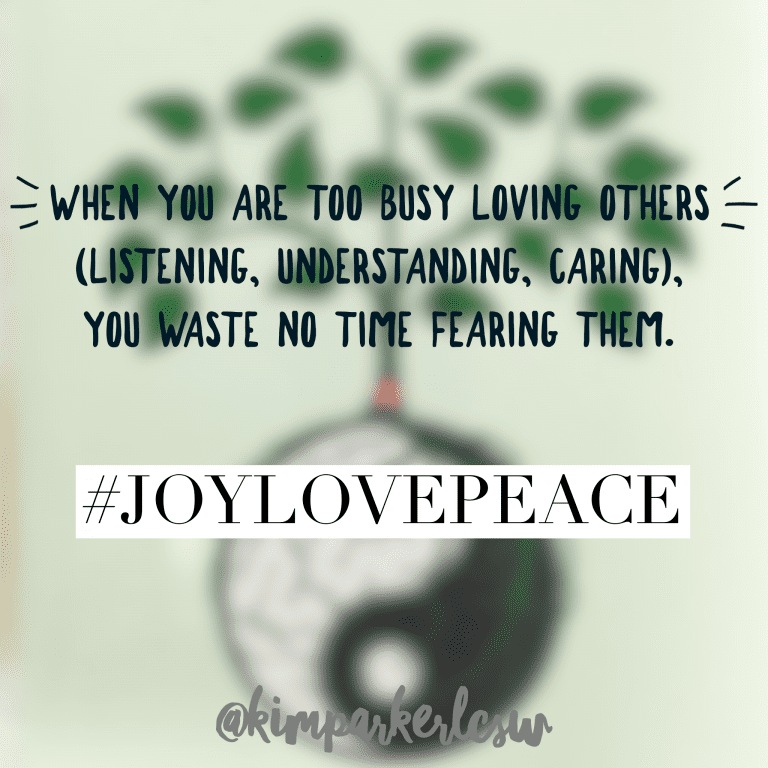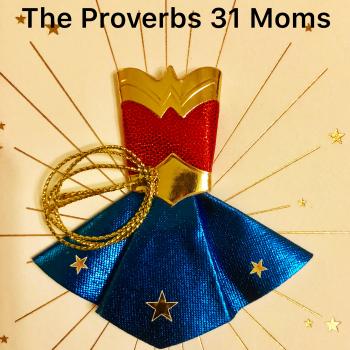“The most dangerous ideas in society are not the ones being argued, but the ones that are assumed.” -C.S. Lewis
Life is full of risks whether or not we take them on fully, directly, or consciously. There are a number of actions that can contribute to the fear of being judged, of having our private thoughts and feelings exposed, or of being known but misunderstood by others. Then there’s also the fear of hurting or offending people. When we dialogue about important issues, we are taking risks. Not everyone is comfortable with or prone to being vulnerably transparent. Personally, I’m not comfortable with discussing controversial ideas in public but personality-wise, I’m more apt to engage with action, including verbal exchange of ideas.
Almost forty years ago, my family and I were boat people fleeing the former South Vietnam, which was taken over by Communism. It was a conservative Christian church in a small White town in Texas that sponsored my homeless family to immigrate to America. Less than two decades later, I became a born again Christian while in college. Despite majoring in Biology, I was always drawn to the helping profession as my family and I had been helped by progressive social workers at several touchpoints in our lives. So after college, I pursued and obtained my MSW degree. I had no idea at the time that one role was going to put me on the traditional, conservative route and the other role take me in the more liberal direction.
In grad school, I thought I would go into the mental health specialization and work as a therapist in private practice one day. That “one day” came after I working in various settings including a school, a county mental healthy facility, a community mental health agency, then a homeless shelter, followed by 7 years as a clinician at a foster/adoption agency (during which I had gotten married and had three children), and a brief stint as a “stay at home mom.”
As a Christian wife and mother, I felt called to help my husband with earning a living for our young family. So a year after our third child was born, I took the risk to go into private practice, fraught with the unknowns. I was lured by the flexible schedule that being a sole business owner would accommodate my family’s needs. Since 2009, part time practice has allowed me to come across diverse client populations that I had not previously known. Not only was I working with children and families considered “indigent”, but now I was accepting clients with private insurance and private pay.
Since entering private practice, I’ve worked with families that are black, brown, yellow, white, and mixed-race. Roughly half of my clients have some version of Medicaid or Chip. Some clients come from a higher socioeconomic bracket than I do, while most are in the same bracket or lower. The majority self identify as Christians, but I’ve also worked with agnostics, atheists, Buddhists, Muslims, and Mormons in the office. My clients come from all walks of life, from successful leaders in their fields to unmarried moms or dads struggling to stay off criminal activity and become good parents. 9 out of 10 children that I see are no longer living in a nuclear family with their biological mom and dad in marriage, but in kinship, foster, adoptive, single-parent, cohabitating, or blended families with a step mother or father. This statistic reflects the trend in postmodern American society at large.
Working within the confidentiality of the office setting gives me the false notion that I’m not doing anything risky. For the most part, these brave individuals and couples willingly come to receive validation, education, encouragement, and guidance. So, I don’t see my work as being a political exchange of ideas, but more clinical intervention based on my growing competence in knowledge, skills, and values. Yet in reality, each client comes with not only an opportunity to connect and “help”, but also a risk to be rejected as personality differences and deeply held worldviews undoubtedly come into play in the therapist-client relationship. I’m proud to admit that I have not “refused” to work with any clients based on superficial differences.
Striving to connect on the human level allows me to relate and empathize with various clients despite their backgrounds, cultures, and lifestyles being different from mine. Probably because of this open, accepting, Christian attitude toward God’s creation, the vast majority of people whom I meet at intake willingly return as clients.
And I desire to have the same mutual connection with other helping professionals.
As professional social workers with masters or doctorate degrees, we each have the ability to show respect, listen empathically, ask clarifying questions, affirm and validate, reframe or encourage, research and provide psychoeducation, and establish mutual goals. We can even learn from one another, while exposing our fears, concerns, and prejudices that spur on our important work.
This is what I have learned in working with clients the last 20 years–that behavior is intimately linked to feelings and thoughts. Politics is deeply personal. Personal experiences influence political viewpoints. When our goal is not to win debates but to increase mutual within ourselves, then there’s a greater chance that we can affect the rest of the world in a positive, God glorifying way.
Thank you to anyone who will engage in dialogue with me by commenting below or sending me a message.












